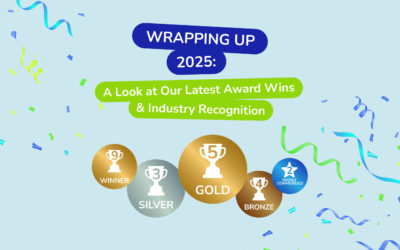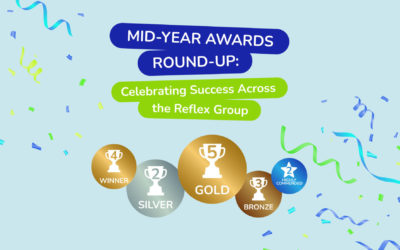By now you’ve probably started to hear a lot of noise about the Plastic Packaging Tax, or ‘PPT’ that comes into force in the UK on the 1st of April 2022.
But how much of this noise actually affects your business and what can you do about it anyway?
Read on to find out…
So, what is the plastic packaging tax?
The Plastic Packaging Tax applies to all single-use plastic packaging that has less than 30% recycled content. The tax is charged at £200 per tonne of taxable plastic packaging that has been manufactured or imported into the UK.
There are some exemptions to the plastic tax:
- Used for the immediate packaging of licensed human medicine
- Permanently recorded as set aside for non-packaging use
- Used as transport packaging to import multiple goods safely into the UK
- Used in aircraft, ship and rail goods stores
Any packaging material that contains at least 30% recycled plastic or is not made up predominantly of plastic (by weight) is also exempt from the new tax. For the time being compostable and other environmentally friendly plastics are still also subject to the PPT if they are not already made up of at least 30% recycled plastics.
Why has this tax been introduced?
The UK government has introduced PPT to try to encourage more companies to use recycled plastic packaging and to enter a more circular economy. This move can be beneficial for the environment as it can help reduce the carbon footprint of the UK due to fewer raw materials being used.
Who does the tax affect?
The tax is to be paid by the person/company who produces the ‘finished’ plastic packaging item or whoever imports the item – Finished is determined if the item has undergone its last substantial modification. In addition to this, anyone who manufactures or imports 10 or more tonnes of plastic packaging within a 12-month period is subject to register for the tax.
Some of the sectors that will be affected by the tax include:
- Fresh food producers – Plastic packaging to seal products
- Retailers – Importing products such as bin liners, bottles, carrier bags etc.
- Manufacturers – Manufacturing or importing plastic components
- Transporters – Plastic used for transporting goods e.g., pallet wrap, bubble wrap
How can Reflex help?
The Reflex Group already have solutions in place that can help you alleviate the tax in its entirety or at least minimise the cost. This can be done by switching to a product that has lower plastic content, is made up of recycled plastics or in some cases avoids plastic altogether. However, we understand that for some food-safe packaging this is not always possible, which is why we’re committed to providing our customers with any many options as possible.
Our drive to innovate new products, our manufacturing capabilities, years of expertise and overall ambition to find the most sustainable solution puts us in a position to be able to help customers find the most viable and environmentally friendly solution, whilst always considering finances, business objectives, functionality, and materials available on the market.
The Plastic Packaging Tax is another change to the packaging supply chain that companies need to navigate over the coming months but is the right step forward to help keep our beautiful planet habitable for future generations.
If you have any questions or concerns, our team of experts are on hand to help.


